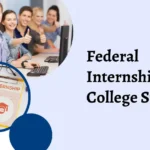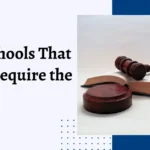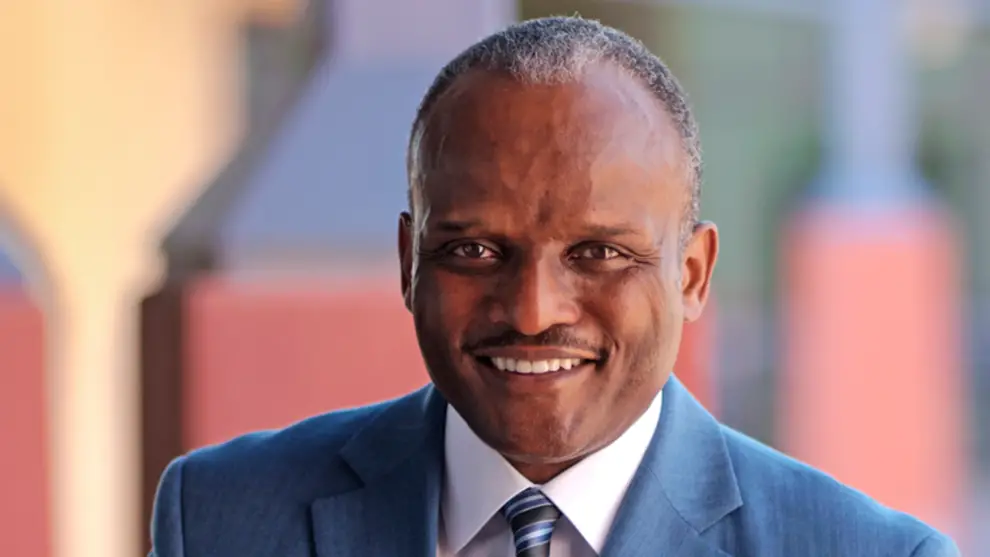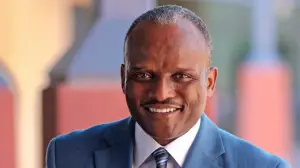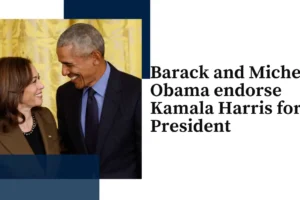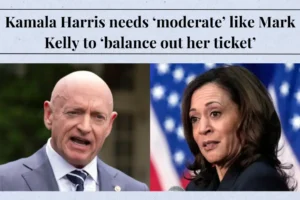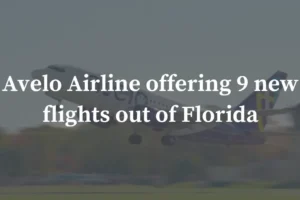Tony Penn spends his days connecting the dots between families’ basic needs and students’ academic success then finding community partners to make a difference.
“I’ve got one of the greatest jobs anyone can possibly have, getting into the community everyday to see people actually transform their lives,” said Penn, president and CEO of United Way of Tucson and Southern Arizona.
Assisting families with food, clothing and shelter helps children do better in school, Penn said.
United Way of Tucson and Southern Arizona President and CEO Tony Penn.
“If children come to school hungry, abused, or under resourced that’s a great inhibitor for them to focus on their studies,” Penn said.
Connecting families with local resources to access education, develop financial stability, and improve health are among United Way’s chief strategic initiatives, said Penn, who has led the organization for the past three and a half years.
An emergency crisis assistance fund through several partners helps families stabilize finances by providing rent or utility assistance during difficult times.
“Financial hardships can create mobility, which is not good for children,” Penn said. “It’s tougher to create educational success when children are in transition.”
Q: Could you highlight some education initiatives of United Way of Tucson and
Southern Arizona?
A: United Way has a focus that is cradle to career.
We focus on early childhood education, because we are the fiduciaries for state-funded First Things First and partner with more than 100 organizations and agencies.
We partner with Pima Community College to support early-childhood education training. We know that will pay dividends in our Success by Six program that helps kids learn their 123s and ABCs long before they enter kindergarten. We do that with our partners First Things First, the Helios Foundation and our local school districts.
A little over a year ago, we started Read on Tucson, part of Read on Arizona, to focus on third-grade reading. We are in 20 schools and would love to expand. It is extremely important because beginning this year students who do not read proficiently by the end of third grade automatically will be held back as mandated by our legislature.
We know more than 3,000 kids are not reading on level right now. That potential tsunami of failure is something we can ill afford.
With several partners – Literacy Connect, Make Way for Books, Read and Seed – we offer nine evidence-based strategies we know work for educators to choose what works best for their students.
Our summer reading program addresses the decline in children’s skills that takes place during break. We know many kids have homes where there are no books or reading and literacy are not highly valued.
The Quality Counts program, started 10 years ago, created statewide quality standards for after school care. These aren’t mandatory, but they are agreed on by youth development leaders statewide.
Q: What challenges does your agency face in Southern Arizona?
A: We’re on a list you don’t want to be on. Tucson is the sixth poorest large metropolitan area in the country.
We have great support from First Things First, First Focus on Kids, Youth Coalition, our partners, municipalities, and stakeholders, but the needs are great and continue to grow.
To help people lift themselves out of poverty, we must create the best incubator for economic development with a cradle-to-career education strategy that leads to career skills and full, better employment.
Q: How do you support local nonprofits addressing community needs?
A: United Way has the capacity no one else does to coordinate new initiatives.
Thank goodness for food banks feeding the hungry, but they can’t do volunteer income tax assistance. Thank goodness for Boys & Girls Clubs where kids have great afterschool experiences, but only United Way can work with a statewide agency to improve standards of afterschool programs.
You need a backbone agency like United Way to focus bring it all together while our partners work in the trenches.
(The interview was edited for length and clarity.)




